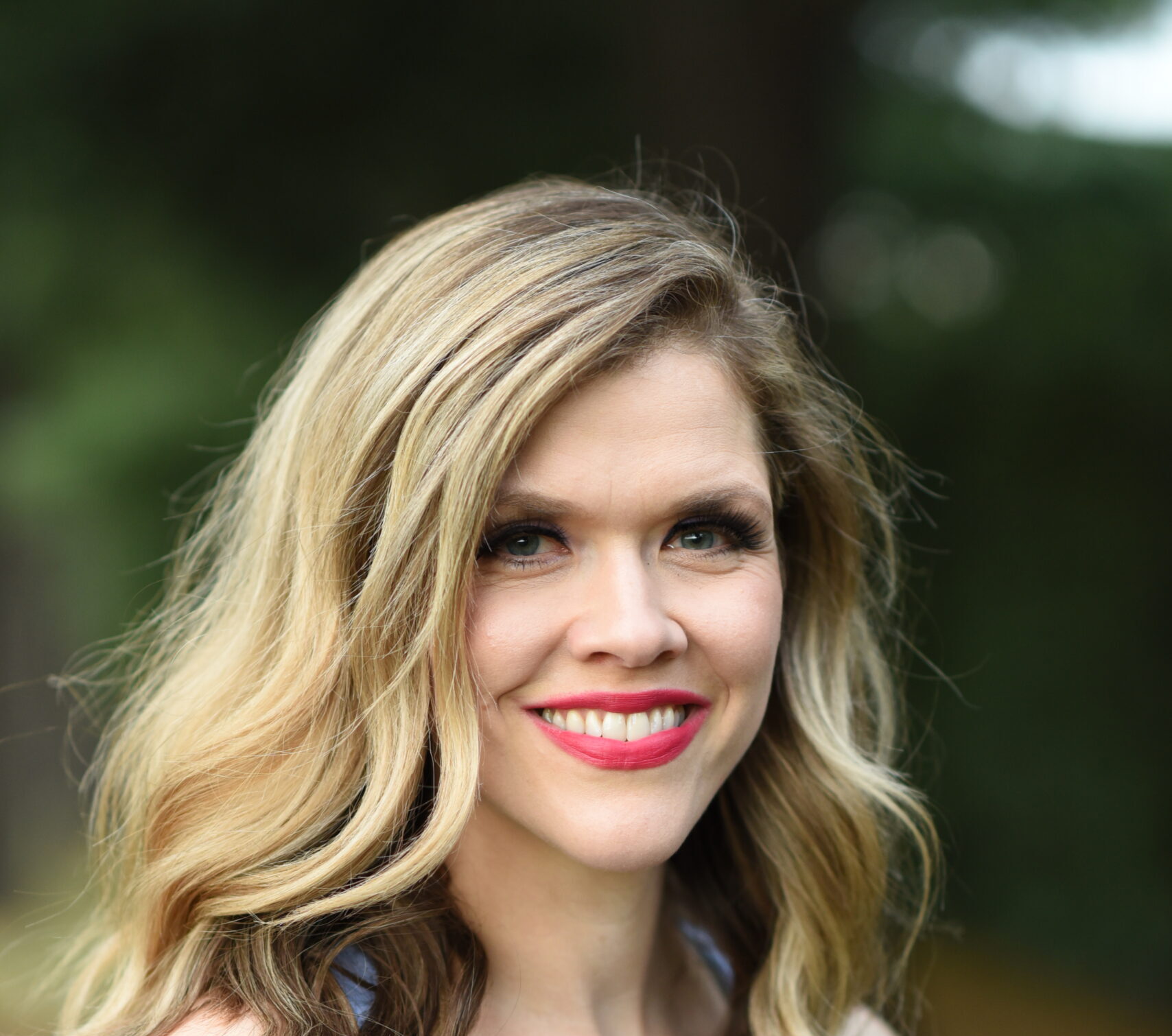A recent AP article in the Desert Morning News read:
Low-carb? Low-fat? Study finds calories count more
The article essentially says that it doesn’t matter what diet you’re on as long as you stick with it and consume less calories than you take in.
Duh (I’m so glad we have researchers to find out this earth-shattering information for us)!
My take on it?
I agree, it doesn’t matter what diet you’re on, you must abide by the formula for weight loss–consume less calories and burn more calories than you take in.
For example:
Consume 1400 calories in a day + burn 500 calories from one hour of intense exercise.
Depending on your Basal Metabolic Rate (the amount of calories you need a day just to be alive), which is calculated based on your gender, height, current weight and physical activity, you will need to consume less than your appropriated amount of calories in order to not gain weight. So say your caloric needs based on a semi-active lifestyle is about 2000 calories, if you do the above, you will have burned an excess of 1100 calories. A pound of fat is equal to approximately 3500 calories. If you kept this pace you would lose about 2-3 pounds in a week. All those claims to lose more than this a week (in fat) are pretty bogus.
Since I am a nursing mom (breastfeeding requires 500-800 calories a day), exercise on average at least one hour per day and I’m fairly active running around after my toddlers, I require somewhere between 2500-3000 calories a day. This seems like a ton, no wonder I’m always eating!
To gain weight, you consume more than you burn, and to maintain, you consume as much as you burn.
There are several factors that will affect this neat formula. Your Basal Metabolic Rate is a rough estimate. Your metabolism (the rate at which you burn calories) can be affected by several things. If you have thyroid problems, then your metabolism may be slower or faster than someone else who does not. The more muscle mass you have will also affect your metabolism and you will burn calories at a higher rate (hence of the importance of weight-bearing activities such as weight-training).
So now that we know this, isn’t it a matter of just picking a diet that meets our preferences and going with that? In my opinion it’s not that simple. It is true that you must find what works best for you (what you will realistically maintain in the long run). In a nutshell here’s how I feel about the other major “diets” or ways of eating.
Low-carb: Atkins, Zone, South Beach. Not enough carbohydrates. Too much fat & protein. Your body thrives on the energy that comes from carbohydrates, specifically complex carbohydrates such as are found in grains and legumes. Your body’s need for fat and protein are much lower than these diets suggest you take in on daily basis. Essentially these are calorie restricted diets because you must control your portions, otherwise you will not lose weight or even gain weight. Fruit and grains (essential for health and vitality) are extremely limited or restricted on these diets and I don’t think these are long term by any stretch of the imagination. If your intake of carbs is extremely low (Atkins suggests 20 grams a day), your body will go in a state of ketosis (converting protein to carbohydrates which is extremely taxing on the liver and kidneys longterm). The only other time your body goes into ketosis is when you’re starving/famine/fasting, or in a state of illness/sickness, all situations that are not natural. All of the propents of these diets say that carbs are making us fat, and all of the fat people in America are a testament to this. To them I will say, look at the average Americans intake of fat which is about 38-40% or more calories from fat in addition to their total caloric intake; the fat we are eating is the fat that we are wearing, not the carbohydrates that we are eating.
Portion control diets: (Weight watchers, Jenny Craig, ect.) While I think these diets teach some really great principles, people are often taught just to “scale back” rather than change what they are eating which is the real problem (eat the same foods you love and still lose weight!–that only works if you eat only one bite of your cheesecake and one bite of your hamburger, ect.). Since the portions are so small (since a hamburger has about 500 calories, to make this “diet friendly” you eat only half, but wait your left hungry for more…) dieters are often left dissatisfied because they aren’t getting enough fiber, carbohydrates to feel satiated. Now these diets vary widely in terms of foods eaten, but the idea is to count calories, measure, record ect. Not bad things to do, but you won’t do it for the rest of your life and if you’re simply eating the same processed/high fat foods in smaller portions, eventually you’ll slip back into eating how you used to. Again, I think there are some great things that these diets advocate, such as eating unlimited greens and emphasizing veggies, but the root of the problem is not always addressed (switching to healthier, wholesome foods).
Low-fat diets: There are many takes on this, and they aren’t all good. Just because you take out fat doesn’t make your diet is healthy. Same goes for dairy and meat. Just because you’re vegan doesn’t mean you’re getting the fiber, macro and micronutrients you need.
Case in point, both of these diets are vegan (though not both low in fat):
Diet 1
Breakfast: Soymilk, Frosted Flakes, white bread toast with margarine
Lunch: White spaghetti, french bread, soda pop
Snack: Toast with peanut butter
Dinner: Boca burger, french fries, vegan icecream
Diet 2
Breakfast: Oatmeal, non-dairy milk, berries, sliced oranges
Lunch: Veggie sandwich on whole wheat bread, green salad, bean dip and carrot sticks
Snack: whole-fruit smoothie
Dinner: Bean soup, salad w/ low-fat vegan dressing
The second diet is much better in terms of meeting daily requirements for essential macro and micro nutrients. As I’ve said before, many people fall in the trap of assuming something is a great option just because it doesn’t have a certain ingredient in it. If the concern is that you need to gain weight or you’re losing too much weight (not many people fit in this category), just add more higher-fat plant foods like nuts, seeds, nut butter, avacados, olives, coconuts, ect.
I’ve heard many people say that a low-fat diet, especially a low-fat vegetarian or vegan whole foods diet is too restrictive to be realistic. Well considering the other options out there, I do think it is the best.
Here are a few reasons why:
1. You can eat until you’re full. Eat whenever you’re hungry and you don’t have to worry about counting calories or doing complex math to figure your correct balance of protien, carbs, and fats.
2. Since your diet is loaded with fiber you are full much more quickly on fewer calories. This is very helpful in losing and maintaining a healthy body weight.
3. It’s also a prevention diet. Prevention of: diabetes, heart disease, high cholesterol, cancer, among others.
4. It’s vibrant and colorful. Food becomes fun and wholesome again.
5. It fits more in live with our behavioral instincts which are: eat and eat often and a lot. You can do this with low-fat plant foods and don’t have to worry about gaining weight.



Comments